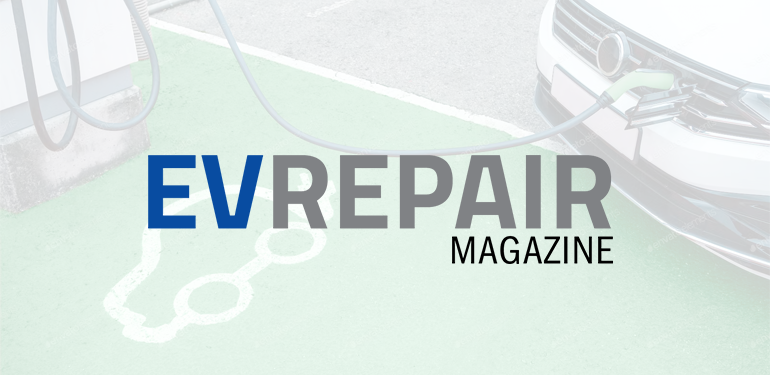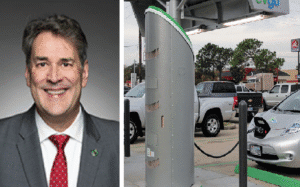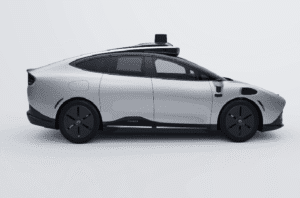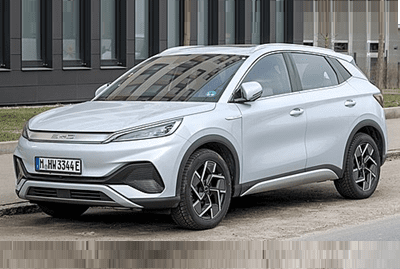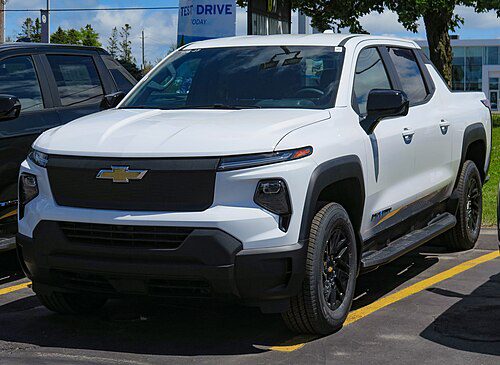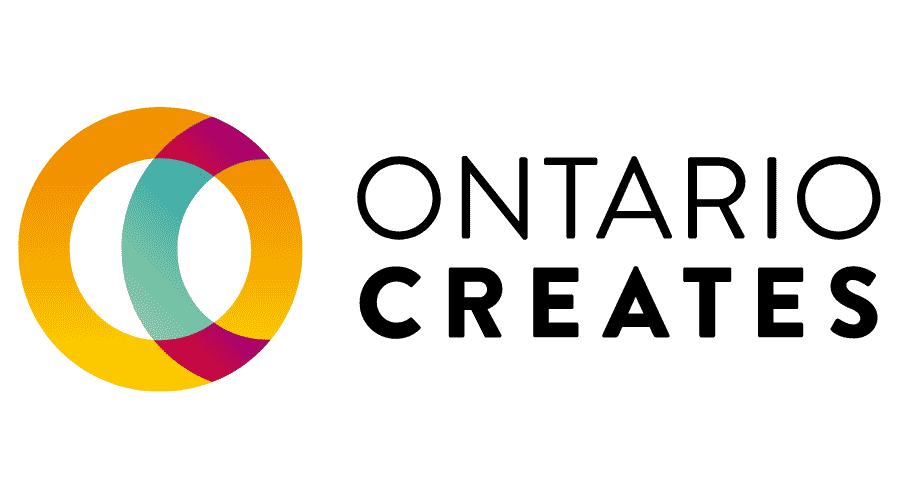Toronto, Ontario — In this week’s EV/AV Report, the Canadian government moves towards a greener future by investing in electric busses and Tesla looks for more self-driving vehicle test drivers across the world. Meanwhile, in Toronto, a woman starts her own autonomous vehicle company.
Bring on the Busses
The Government of Canada has invested in electric buses in an effort to move towards a greener future with zero-emission vehicles.
The Nova Bus Transformation Project will not only help the environment but it will also create more jobs, something that the country is in need of after record-breaking job losses in 2020 due to the pandemic. The Honourable François-Philippe Champagne, Minister of Innovation, Science and Industry, says that restoring the economy is at the forefront of the Nova Bus project.
“As we continue to safely restart our economy, it is important to do so in a strategic way and with a long-term vision. One of the ways to achieve this is by helping Canada and businesses here at home become world leaders in the manufacture of green transportation vehicles,” he said.
The government has invested $15 million into the project, and the Minister of Innovation, Science and Industry says that the zero-emission buses will make Canada a leader in the manufacturing of the green technology.
“Nova Bus is a vital part of this journey toward electrification and a future marked by sustainable growth, dependable jobs and global leadership. Our government will continue to support businesses to ensure they can participate in the efforts toward a clean growth economy, including by investing in sustainable public transit and zero-emission vehicles.”
Tesla Test Drivers Wanted
Tesla currently has a crew of self-driving vehicle test drivers across the U.S., who oversee the system’s decisions, while sitting in the car. The automaker is now looking for test drivers beyond America’s borders and has posted multiple job listings for Tesla Advanced Driver Assistance Systems (ADAS) operators all over the world.
On top of renewed recruitment of ADAS operators in the U.S., Tesla is looking to hire operators in Paris in Toronto, Canada, France, Milan in Italy and Spain.
Those applying for the position don’t need to be rocket scientists, however, fearless may be preferable quality.
“We are looking for a highly motivated individual to accelerate our vehicle-level testing for all current and future Autopilot features on the path to full self-driving,” says the job listing.
This hiring spree comes after Tesla recently decided to phase out the radar-based element of the level 2 system, replacing it with a camera-based system.
T-Town Startup
A Toronto woman is looking to bring autonomous vehicles to the mainstream market with her company Waabi.
Raquel Urtasun, who initially worked as the chief scientist for Uber’s self-driving unit, Advanced Technologies Group (ATG), decided to leave Uber and go on her own. Urtasun says that the transition was something that has been on the back of her mind for some time, and she believes the industry needs to be revamped.
“I had thought about doing my own company for a while now,” Urtasun told Global News. “The more that I worked in the industry, the more it became clear that the traditional way of doing things is … I don’t think the way to go. There is a need for new technology and I have a very clear vision of what that technology is.”
Urtasun is not the only one who sees potential in autonomous vehicles as Waabi, which comes from the Ojibwe word meaning ‘she has vision,’ raised $83.5 million in Series A funding spearheaded by Kosla Ventures. Some of the companies that also helped to fund Waabi were Aurora, Radical Ventures, 8VC and her former employer Uber.
With 20 years of experience working in artificial intelligence, Urtasun has a large advantage over her competitors, and her first target is the commercial vehicle industry. One of the reasons that she has chosen the commercial vehicle sector is because of the many setbacks the industry has had over the years.
“There’s an incredible shortage of drivers and it’s just getting even worse with COVID-19,” Urtasun told Global News. “Trucking is one of the most dangerous jobs … and so that’s one need for this technology.”
The technology cannot come soon enough as Canada is said to have a shortage of 25,000 truck drivers by the year 2023. These predictions came from a study done by the Canadian Trucking Alliance and the Conference Board of Canada, which also found that due to the shortage, $3.1 billion was lost in total revenues in 2018.
Urtasun is developing a new algorithm for driverless cars that will allow for the vehicle to better predict what other vehicles on the road will do and it will have better motion planning as well. The female-run company does not have any set dates on when this technology will be made available, but something like this could take years.
Although Waabi is a Canadian-based company, Urtasun is originally from Spain, but has chosen to call Canada her and her companies home, with their headquarters in Ontario’s capital.
“My goal with Waabi is to really put Canada at the forefront of self-driving. We have an amazing opportunity here and I think we have the talent here,” she said. “I love this country and I love the city of Toronto and this is the place they want to be, so it’s a no-brainer… People always ask `why Canada?’ My answer is always, `Why not?”’



